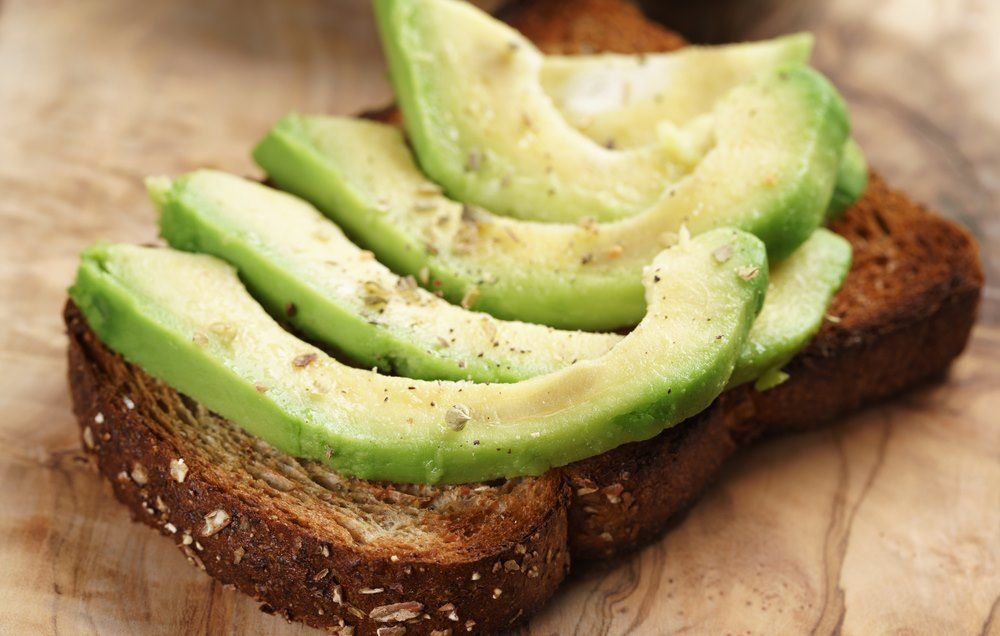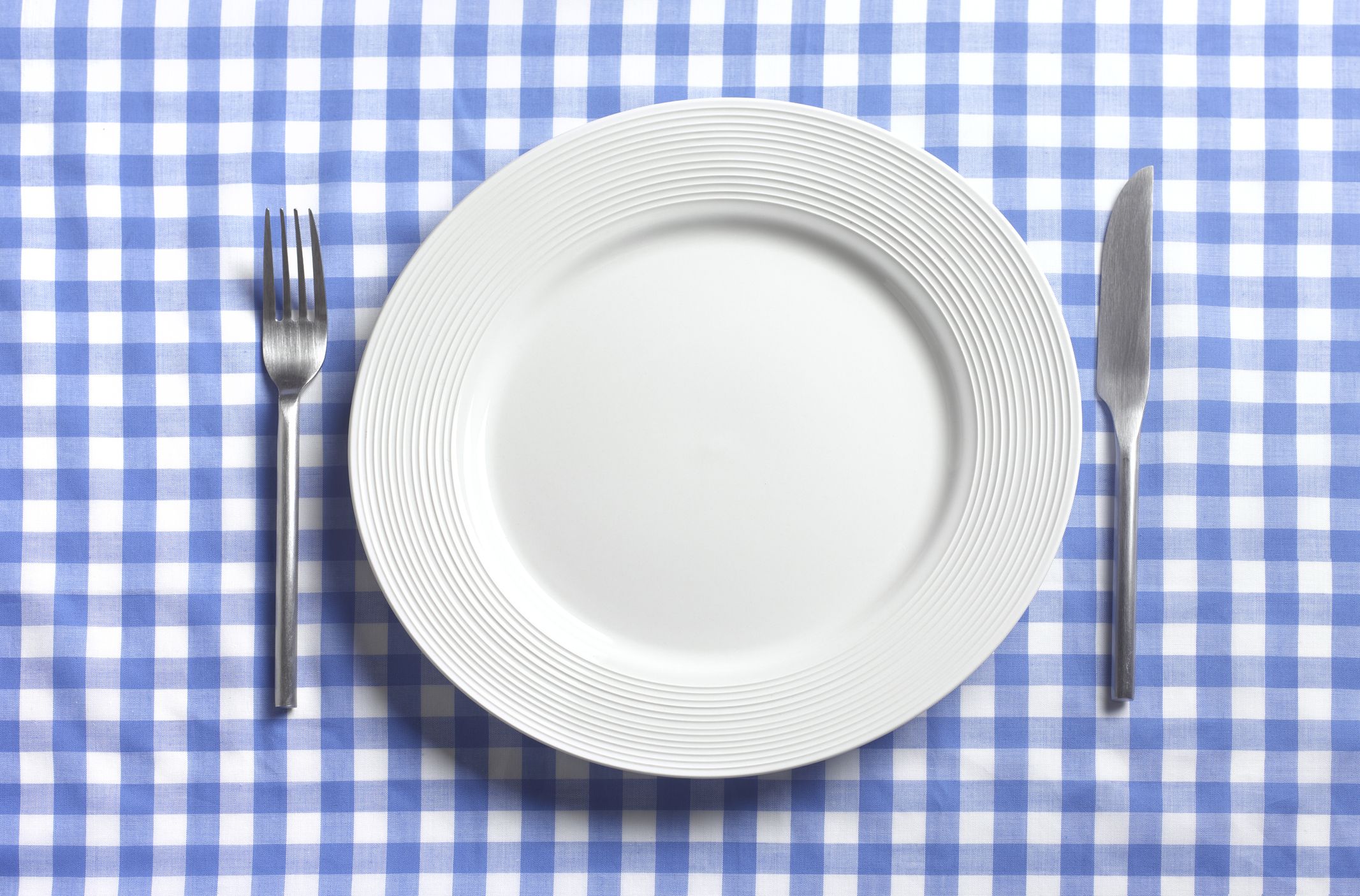Many people have experienced the sensation of relief from a forkful of cosy pasta, a sweet scoop of ice cream, or the satisfying crunch of potato chips after a particularly stressful day. Food can be more than just fuel for us, and turning to heavier meals or extra snacks, even when you aren’t actually hungry, can be a completely normal human response. But when emotional eating during stressful times becomes a regular occurrence that is getting between you and achieving your wellness goals, it’s best to work with an expert who can guide you through how to stop stress eating.
Stress eating refers to eating when your body is in a state of stress or hyperarousal, like tense muscles, shortness of breath, and possible fatigue, explains Psychologist Dr Christine Celio. Similarly, emotional eating casts a slightly wider net that can include eating when feeling stressed but also when feeling anxious, depressed, sad, nervous, worried, bored, or even to celebrate something positive, she says.
Stress eating often comes from a trigger or event that prompts someone to turn to food as a sense of comfort and then causes distress to the person experiencing it, explains dietitian Cara Harbstreet. Stress eating can also result in suboptimal nutrient intake, budget strains, and reduced food variety consumed, she adds.
The first thing to do if you’re concerned about your stress eating habits is to pay attention, Dr Celio says. When you slow down and notice when you are eating foods that don’t serve your health goals, question why you made those choices and how you’re feeling. “Take note of whether we are truly hungry or just want to eat, and how your day or thoughts are impacting how much and what you’re eating,” she says. “Identifying what is driving the behaviour will help decide what to do next.”
It’s also crucial to be gentle with yourself when it comes to emotional eating, Harbstreet says. “As a human, you’re allowed to experience the full range of human emotions. That includes stress, frustration, anger, fear, etc. And while it may not be fun to invite those emotions to the table, working through them is something you can get better at with practice,” she adds.
Note: If you’re experiencing binge eating, which is defined as eating large amounts of food when you are not hungry with a feeling of loss of control and guilt, shame, or depression, or engage in purging behaviours or exercising in excess to cope with overeating, you should seek help from a mental health professional that can support you, Dr Celio suggests.












bymuratdeniz ©Getty Images
1) Grab a glass of water
It may be the oldest trick in the book, but Dr Celio says if you’re feeling stressed, drinking a full glass of plain water can be a really helpful start. After all, many of us don’t drink enough water anyway and can confuse signs of hunger or unmanageable stress for what is actually just thirst.
bymuratdeniz ©Getty Images
2) Write it down
Dr Celio says grabbing a notepad, not a phone or computer, but a real piece of paper, and physically writing things down can be a huge relief for someone in a stressful situation. She recommends writing bullet points of all the things causing you stress and why. “Writing down everything can clarify where the stress is coming from and can give you the perspective that while eating a bowl of pretzels does not, in fact, fix the faucet, but maybe YouTubing how to do it does,” she says.
bymuratdeniz ©Getty Images
3) Sip on tea
“If I have a mug, some boiling water, a cinnamon stick, and a teaspoon of honey, then I have what I need to curb sugar cravings when stressed,” says psychologist Susan Albers. “Cinnamon has been clinically shown to help keep insulin levels in check.” Consider adding a sprinkle to your morning coffee, too, or choosing a spicy chai tea instead of English breakfast.
If cinnamon isn’t for you, another relaxing cup of tea may do the trick. “I like to take a few minutes to meditate with a cup of chamomile tea when stress strikes,” says culinary nutrition expert Jessica Levinson. It’s no surprise that slowing down and tuning into your breathing to meditate is a stress reliever, but chamomile has actually been shown to improve anxiety in adults who consume it, too.
bymuratdeniz ©Getty Images
4) Take a 15-minute walk
“When the urge to eat out of stress, boredom, sadness, or another emotion hits, I head outside and go for a walk or run,” says Levinson. “Exercise releases endorphins that can stimulate relaxation, and the fresh air is also a natural stress reducer.”
Dr Celio agrees, suggesting that any kind of moderate, regular exercise is one of the best things we can do for our emotional and physical being. “Find something that you like to do–from brisk walking, to stationary bike, to doing planks, to dancing like no one is watching–and do it every day for at least 10 minutes, ideally 30 minutes,” she says. “It improves your mood, helps you sleep better, supports your gut biome, and gives us something to do that challenges us to get better and get stronger.”
bymuratdeniz ©Getty Images
5) Peel a clementine
The simple act of peeling a clementine is a mindful relaxation technique. “Peeling citrus fruit is a mini-meditative moment—you have to drop whatever you’re doing to engage both hands,” says Albers. Even cooler, the smell of citrus has been shown to promote calm—which might just quell your urge to binge on those free doughnuts at work. For optimum relaxation, slowly peel the fruit in a spiral pattern as you breathe in deeply to inhale the scent. When you’re done peeling, eat the fruit one segment at a time, taking a moment to savor each bite.
If the fruit isn’t nearby, Dr Celio says a simple breathing exercise can be helpful in the moment. She suggests inhaling for five seconds, holding for seven seconds, and exhaling for eight seconds, repeating at least six times. It takes only two minutes but it can help refocus the brain and relax you.
bymuratdeniz ©Getty Images
6) Make avocado toast
Choosing something that won’t make you stress even more is key when finding something to nibble on, Harbstreet says. “It’s probably not the best time to try cooking a complex, gourmet meal from scratch or making something with hard-to-find ingredients. Stick to the basics and keep it simple,” she says. Plus, make sure it’s something that’s satisfying to you!
Avocado toast is a great option because it’s fast but also really satisfying. “Healthy fats, protein, and fiber in avocado work together to keep you satiated, leaving you less likely to binge on something else,” says Levinson. “Plus, the complex carbohydrates in whole-grain bread can help boost the feel-good neurotransmitter serotonin in the brain.” You don’t have to tell us twice!
bymuratdeniz ©Getty Images
7) Think long-term
“Research indicates that the pleasure you get from eating comfort foods lasts only three minutes,” says Albers. “Keeping this number front and centre in my mind is helpful. I say to myself, What is going to make me feel better for longer than 3 minutes? Usually, it’s not a lollie.”
Additionally, Dr Celio encourages checking in with yourself when you want to eat. “Is your body hungry or are we tired and trying to get an energy boost? Are we simply looking to feel different? Many people use food as a way to change how they feel emotionally,” she says. But even though a high-sugar option can give you a high jolt of energy and good feelings, she warns it also comes with a sugar crash that can leave you lethargic and low in the long term.
bymuratdeniz ©Getty Images
8) Take a mustard bath
“I love taking an English mustard bath,” says Albers. “Dried mustard has been used since ancient times as a warming agent. When you add a few tablespoons to a warm bath along with Epsom salts and lavender essential oil, it’s instant zen. On a cold winter night, it’s a great alternative to unwinding with comfort foods.”
bymuratdeniz ©Getty Images
9) Get distracted
“Keep your hands and mind busy with some sort of fun activity,” says registered dietitian and nutritional neuroscientist Dr Jennifer Nasser. “Knitting, colouring, drawing—all of these help distract your brain from food thoughts.” Bazilian agrees, adding that texting a friend, checking your email, or taking a few minutes to play a game on your phone are all viable ways to ride out a stress-induced craving.
“We should aim to create positive responses when we are feeling stressed,” Dr Celio says. “We can channel this energy into something more productive, including taking a hot shower, cleaning the kitchen, or checking something off our to-do list that has been bugging us for a while.”
bymuratdeniz ©Getty Images
10) Be strategic with snacks
If you’re the type of person who tends to munch in response to stress, make sure you have some low-calorie finger foods on hand such as baby carrots, apple slices, or celery, suggests Nasser. Consider adding some protein in the form of nut butters to boost satiety. “If you prefer a sweet treat, mix something sweet with something protein-rich—think cottage cheese with honey and a dash of cinnamon,” she says. “That way you'll get the sweet taste in addition to fullness signals that protein sends to the brain to get you to stop eating.”
And, of course, Harbstreet says to make sure you eat if you’re physically hungry. “If it’s been more than a few hours since your last meal and you haven’t had a snack, your hunger might actually be intensifying feelings of stress. If that’s the case, please have something to eat,” she says.
bymuratdeniz ©Getty Images
11) Treat yourself—but with a plan
“Think of what you’d really, really enjoy,” says Bazilian. “Is that a piece of chocolate, or a small bowl of your favourite ice cream? Whatever it is, plan to treat yourself once or twice a week. Set your sights high and don’t settle for the less favourable junk food fare that’s commonly available in offices or fast food restaurants.”
bymuratdeniz ©Getty Images
12) Don’t skip meals
Good nutrition is incredibly important for stress management—just consider the fact that people who consume inadequate amounts of magnesium (which is most of us) may experience increased sugar cravings. But it’s hard to get all the nutrients you need if you skip meals, says Bazilian.
If your schedule is unavoidably hectic, make a bunch of pre-portioned healthy snacks that can sub for a larger sit-down meal—think almonds and raisins, plain yogurt, fresh fruit, individually portioned cheeses, and whole grain crackers—and have them at the ready so they’re as convenient for you to eat as chips, lollies, cake, and doughnuts.
Dr Celio also notes that when you don’t eat for long periods of time, your blood sugar can drop and your emotional state can turn into what many people call “hanger.” This can result from spikes in blood sugar when we don’t eat nutritious, fibre-rich foods. This is why skipping meals is a poor choice when trying to avoid emotional eating.










